Finding science in Philadelphia
You might have already heard that the American Society for Biochemistry and Molecular Biology will hold its 2022 meeting in Philadelphia April 2 – 5. If you think your curious mind will be looking for some fun science, technology, engineering and math–related activities outside the convention hall, look no farther than the top science museums in Philly — a city where many great ideas were born.
Steeped in the history of science, Philadelphia is the home of many firsts in the United States — first hospital (1751), medical school (1765), women’s medical school (1850), college of pharmacy (1821), medical library (1751) and even the nation’s first zoo (1874). Philly also is ranked by SmartAsset as the best city in America for diversity in STEM fields.
Here are a few sites you might want to check out in April.
Mütter Museum
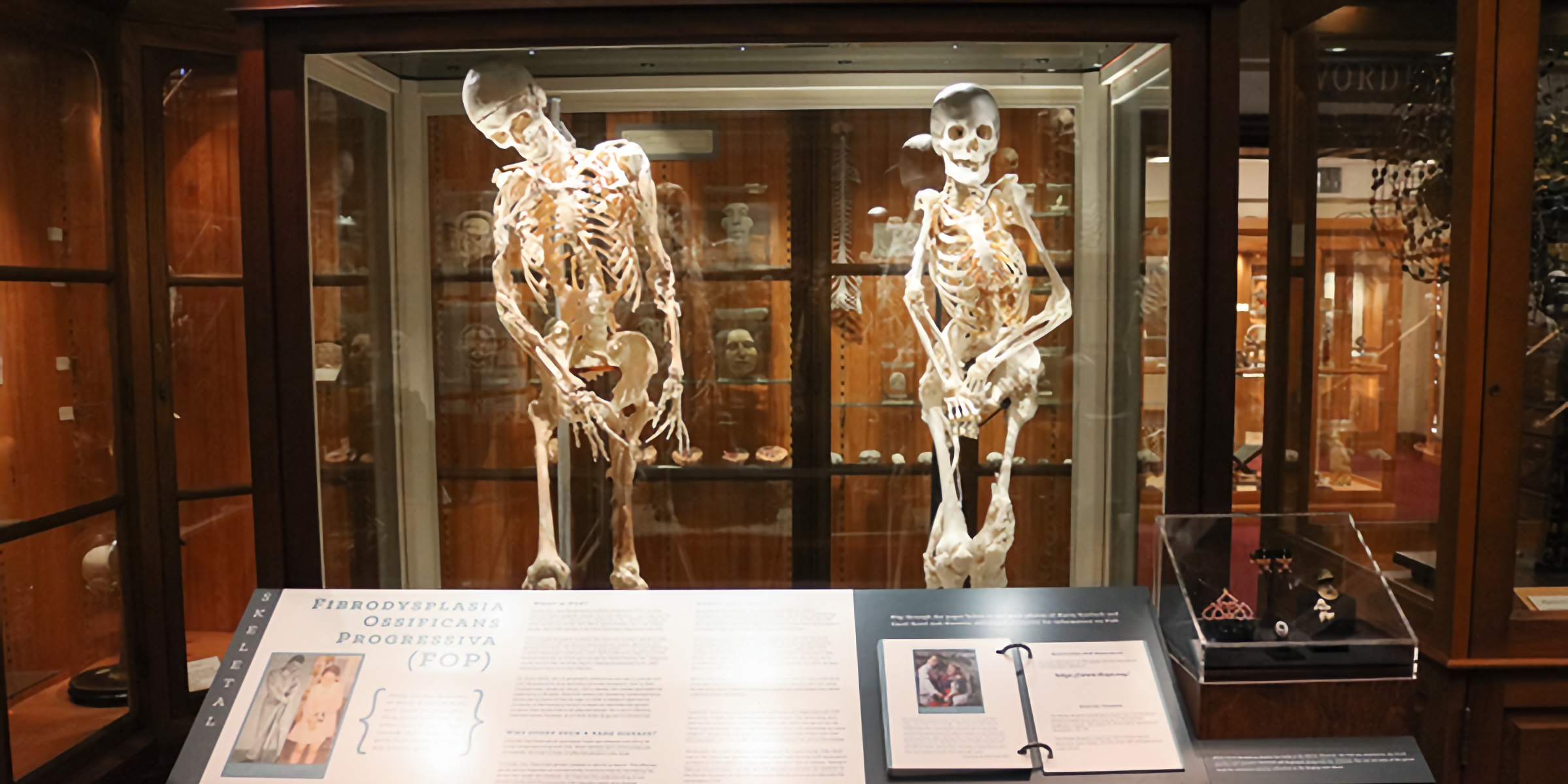
19 S. 22nd Street
Located in the Center City of Philly, the Mütter Museum focuses on medical history, with a vast collection of anatomical and pathological specimens, wax models and antique medical instruments in a 19th century setting that helps visitors understand and appreciate how the human body works. The museum, which started with 1,700 objects and a donation of $30,000, now has grown to house a collection of 25,000 specimens.
Science History Institute
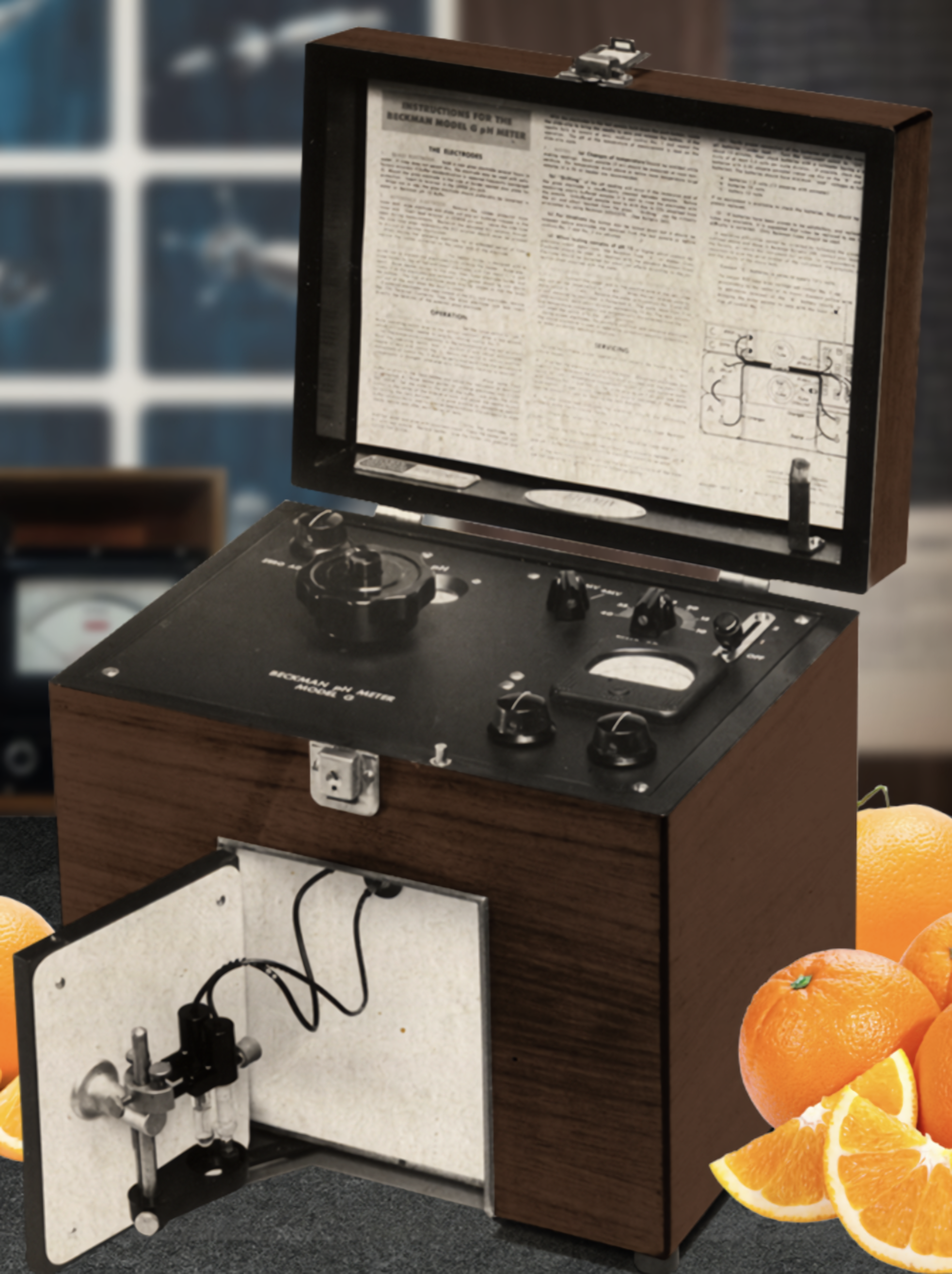 SCIENCE HISTORY INSTITUTE
SCIENCE HISTORY INSTITUTE315 Chestnut Street
Preserving and expanding the knowledge and understanding of chemistry, history and life sciences, the Science History Institute (formally known as the Chemical Heritage Foundation Museum) includes a museum, library, archive and research center. The institute has a collection of some of the oldest landmark instruments, such as a Beckman model G pH meter, Mettler B5 single-pan balance and Perkin-Elmer model 125 infrared grating spectrophotometer. The institute also has varied holdings relevant to the history of chemistry including alchemical books and fine-art depictions of Early Modern alchemists.
The Franklin Institute

222 N 20th St
The Franklin Institute was founded in 1824 to honor Benjamin Franklin, America’s first scientist and a Founding Father. Boasting an extensive collection of artifacts from the Wright brothers’ workshop, the Franklin Institute Science Museum is one of the nation’s oldest premier centers for science and research. The institute hosts the 10-in-10 Live Science Show with 10 different science demonstrations in 10 minutes. The performances are a blend of chaos and comedy. Interactive exhibits at the institute focus on everything from astronomy to the science behind sports, all with the goal of encouraging learning in a fun way. The institute is the most visited museum in the Commonwealth of Pennsylvania and is also a top-five tourist destination in Philadelphia.
Hill–Physick House
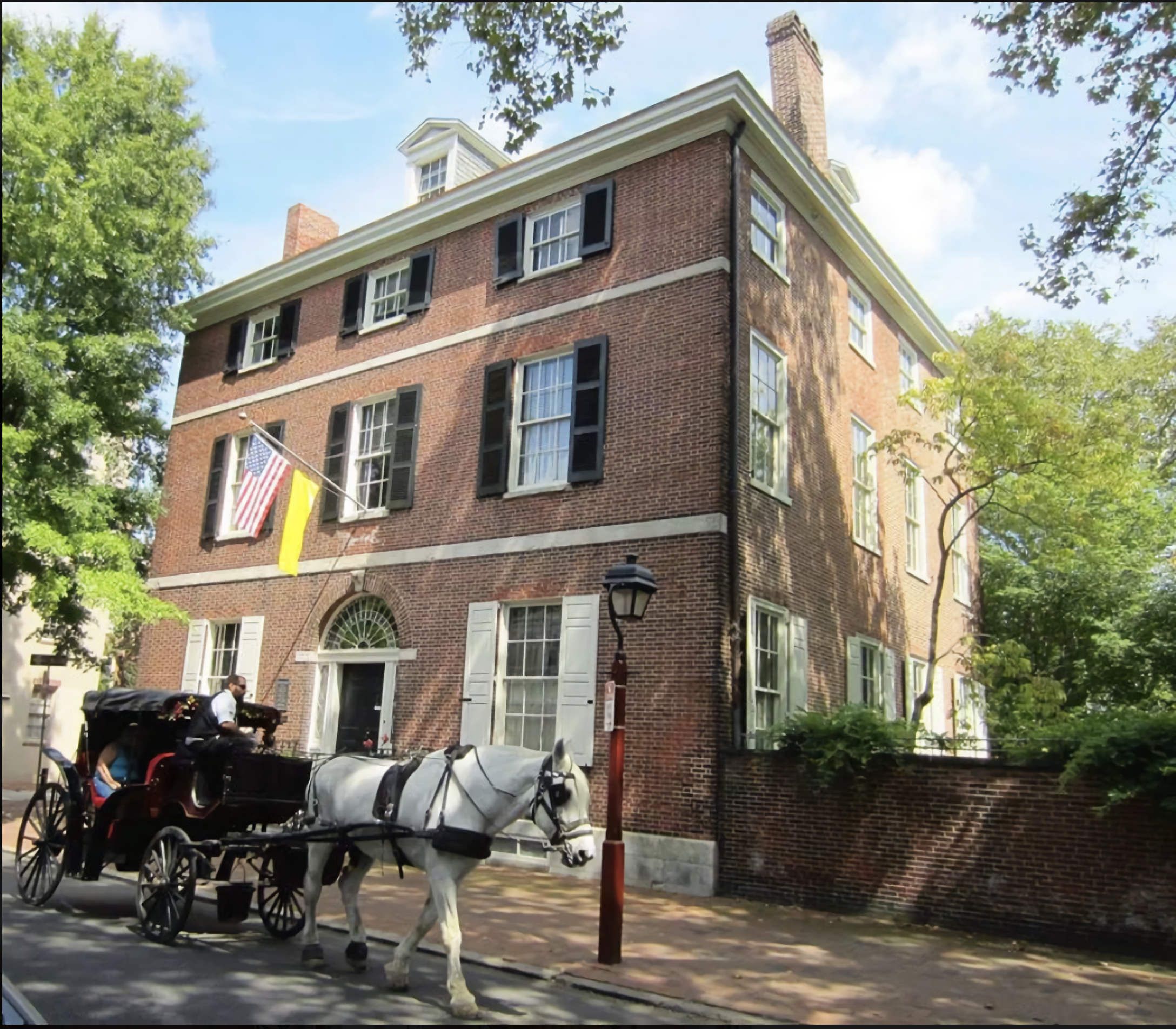
321 S. 4th Street
This historic house museum belonged to the “father of American surgery,” Dr. Philip Syng Physick. The free-standing four-story Federal-style brick house was built in 1786 and was declared a National Historic Landmark in 1976. The house features some of the most interesting artifacts from the life of Dr. Physick and the fascinating melodrama of his personal life, which makes the museum a must visit.
Academy of Natural Sciences of Drexel University
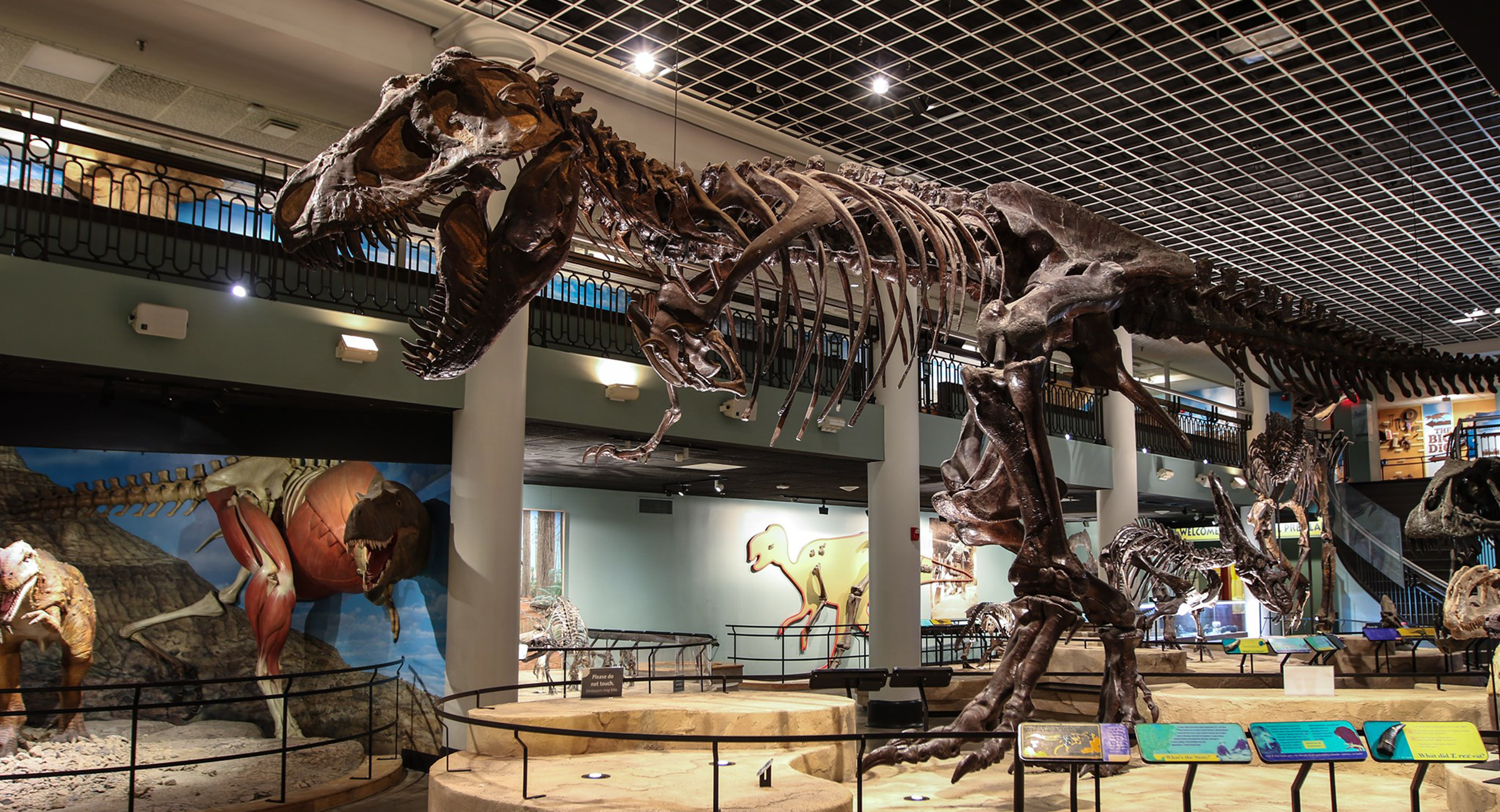
1900 Benjamin Franklin Pkwy.
A world leader in environmental science and biodiversity, the Academy of Natural Sciences of Drexel University is the nation’s oldest natural history museum. The academy’s collection includes more than 18 billion specimens and about 100 living animals.
Penn Museum
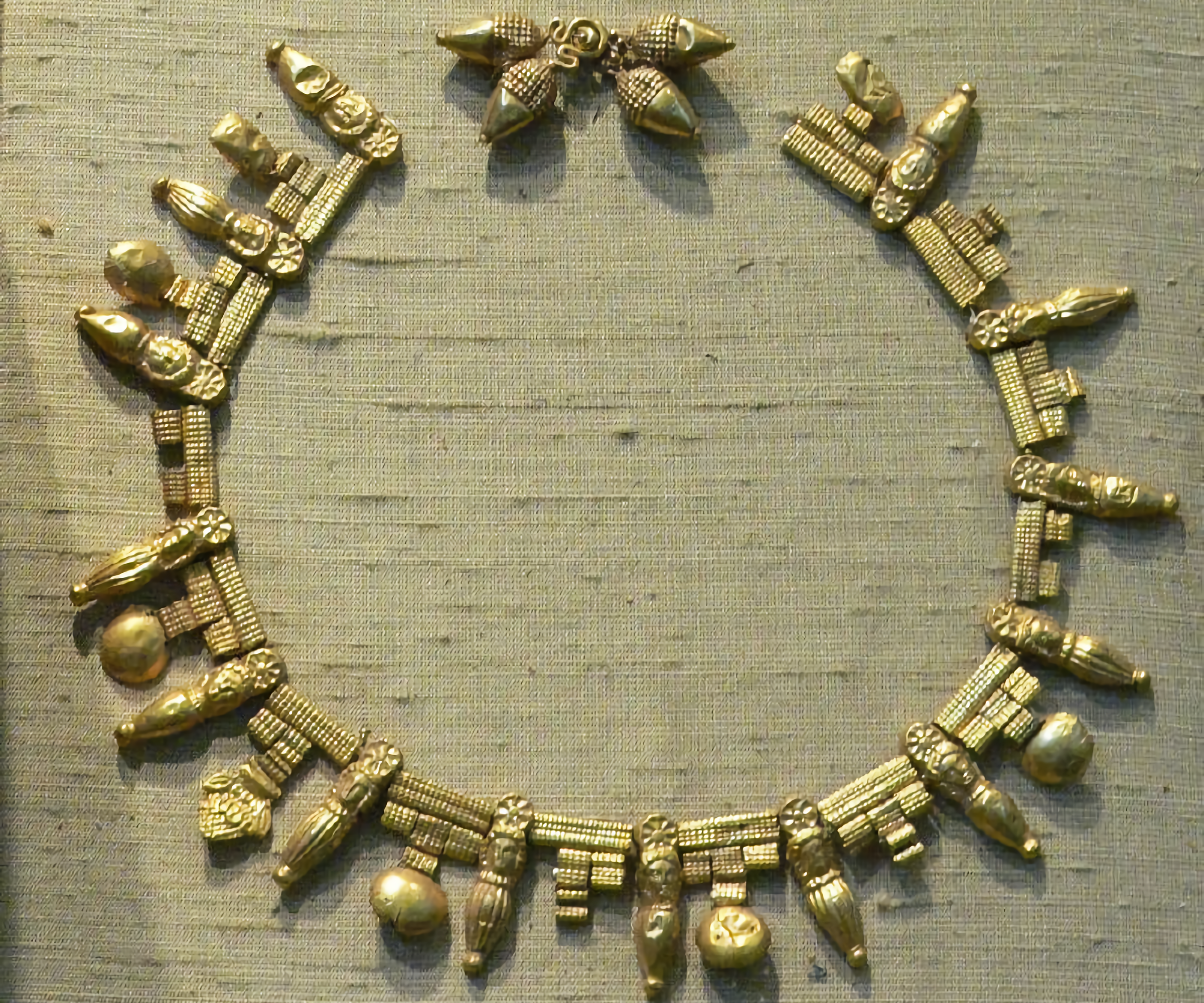
3260 South St.
The Penn Museum has a plethora of archaeological and anthropological collections. Its archives include 2,500 feet of written records documenting more than 300 expeditions to destinations all over the globe. More than 15 galleries exhibit diverse artifacts and objects from around the world and through the ages, celebrating cultural richness and artistic diversity. Penn Museum has an extensive collection of coprolites (fossilized feces of animals that lived millions of years ago). Archaeologists study them to understand the existence of different plant species from long ago.
Enjoy reading ASBMB Today?
Become a member to receive the print edition four times a year and the digital edition monthly.
Learn moreGet the latest from ASBMB Today
Enter your email address, and we’ll send you a weekly email with recent articles, interviews and more.
Latest in Opinions
Opinions highlights or most popular articles

Women’s health cannot leave rare diseases behind
A physician living with lymphangioleiomyomatosis and a basic scientist explain why patient-driven, trial-ready research is essential to turning momentum into meaningful progress.

Making my spicy brain work for me
Researcher Reid Blanchett reflects on her journey navigating mental health struggles through graduate school. She found a new path in bioinformatics, proving that science can be flexible, forgiving and full of second chances.

The tortoise wins: How slowing down saved my Ph.D.
Graduate student Amy Bounds reflects on how slowing down in the lab not only improved her relationship with work but also made her a more productive scientist.

How pediatric cataracts shaped my scientific journey
Undergraduate student Grace Jones shares how she transformed her childhood cataract diagnosis into a scientific purpose. She explores how biochemistry can bring a clearer vision to others, and how personal history can shape discovery.

Debugging my code and teaching with ChatGPT
AI tools like ChatGPT have changed the way an assistant professor teaches and does research. But, he asserts that real growth still comes from struggle, and educators must help students use AI wisely — as scaffolds, not shortcuts.

AI in the lab: The power of smarter questions
An assistant professor discusses AI's evolution from a buzzword to a trusted research partner. It helps streamline reviews, troubleshoot code, save time and spark ideas, but its success relies on combining AI with expertise and critical thinking.

